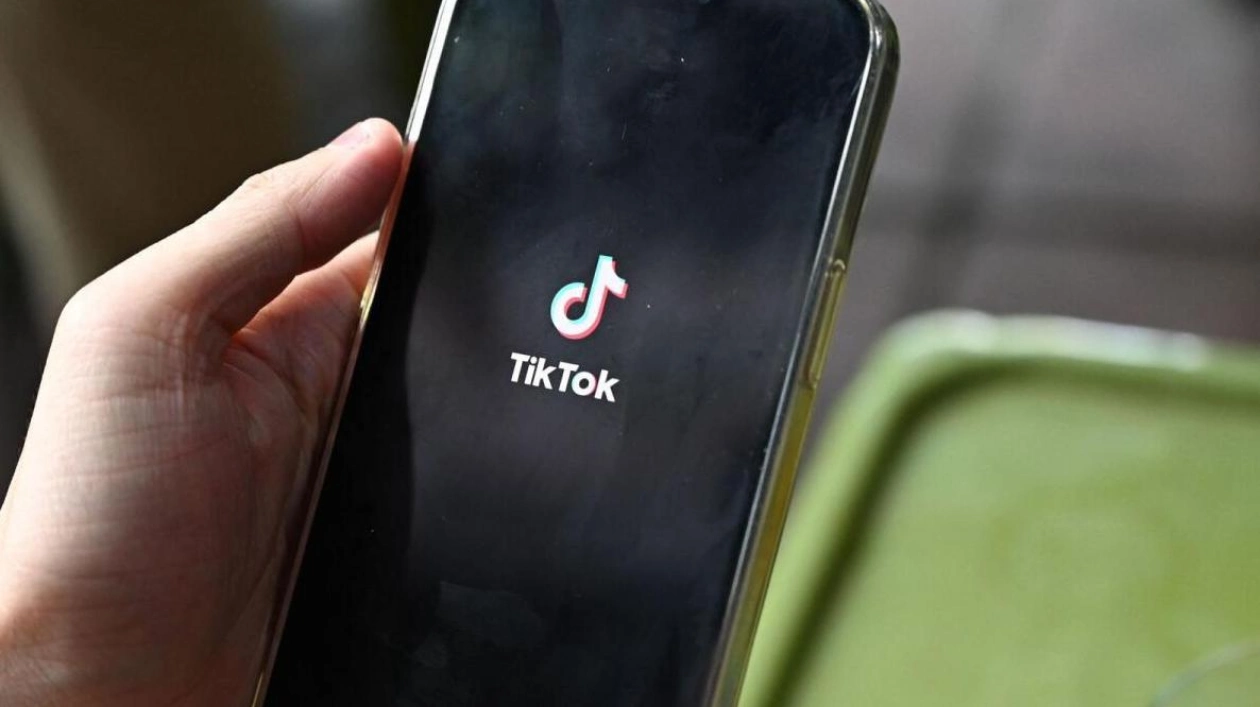TikTok's appeal to avoid new digital regulations was rejected by an EU court on Wednesday, as the company failed to challenge the implementation of the Digital Markets Act (DMA). Introduced in March, the DMA is a significant European Union law aimed at creating a more equitable market by curbing the power of major tech firms. The European Commission has identified six "gatekeepers" under the DMA, including Google's parent company Alphabet, Amazon, Apple, Meta, Microsoft, and TikTok's owner ByteDance, the sole non-US entity. In May, the EU announced that Booking would also be subject to the DMA and provided the online travel agency with six months to prepare for compliance. This ruling by the Luxembourg-based General Court marks the first decision on a DMA challenge from big tech, with ongoing cases involving Apple and Meta.
The court's decision states, "The Court dismisses ByteDance's action," allowing TikTok two months and 10 days to appeal. TikTok had argued that it was the "most capable challenger" to established digital players, but this argument was rejected by the court. The court noted that TikTok had rapidly grown its user base to nearly half the size of Facebook and Instagram, achieving a high engagement rate, particularly among young users who spent more time on TikTok than on other social networks. Despite acknowledging TikTok's challenger status in 2018, the court observed that the platform had since then "rapidly consolidated its position and even strengthened that position over the following years" despite the launch of similar rival services.
A TikTok spokesperson expressed disappointment with the decision, stating that TikTok is a challenger platform that offers significant competition to incumbent players. The company is now evaluating its next steps but has already taken measures to comply with the DMA's obligations ahead of the March deadline. The court determined that ByteDance met the quantitative thresholds set by the DMA. To be designated as a gatekeeper by Brussels, a company must meet specific criteria, including having more than 45 million monthly active users in the EU and more than 10,000 yearly active business users in the bloc. Digital companies with an annual turnover in the EU of at least 7.5 billion euros or a market value above 75 billion euros are also subject to the new regulations. Violations of the law can result in fines of up to 10% of a company's global turnover, rising to 20% for repeat offenders, and in severe cases, the EU can order the breakup of companies. This marks the second court defeat for TikTok regarding the DMA, following a failed attempt in February to suspend the new rules pending the Wednesday judgement. Big tech firms, including Apple, which is contesting the DMA in court, have expressed strong criticism of the law, arguing that it jeopardizes user security.






